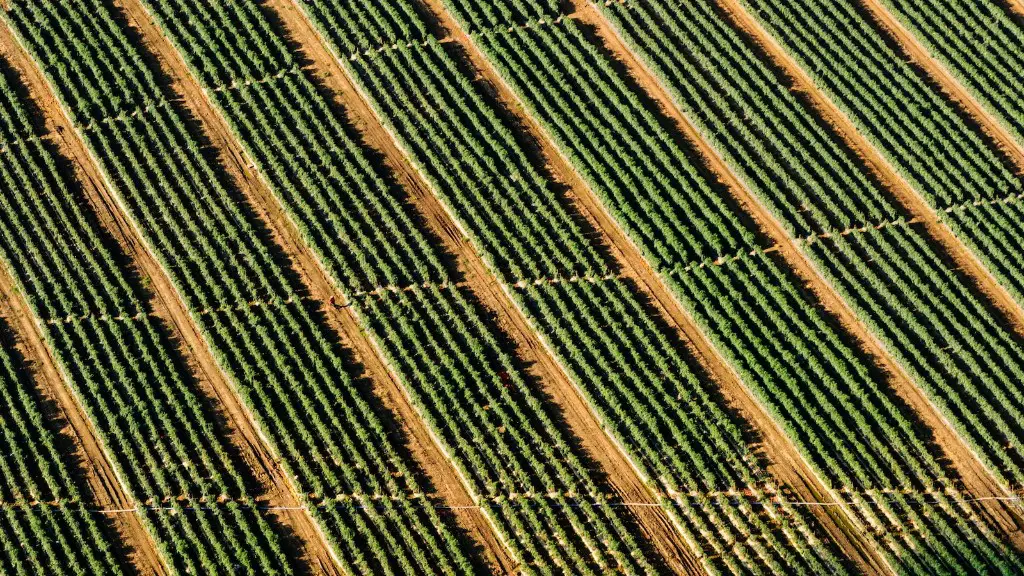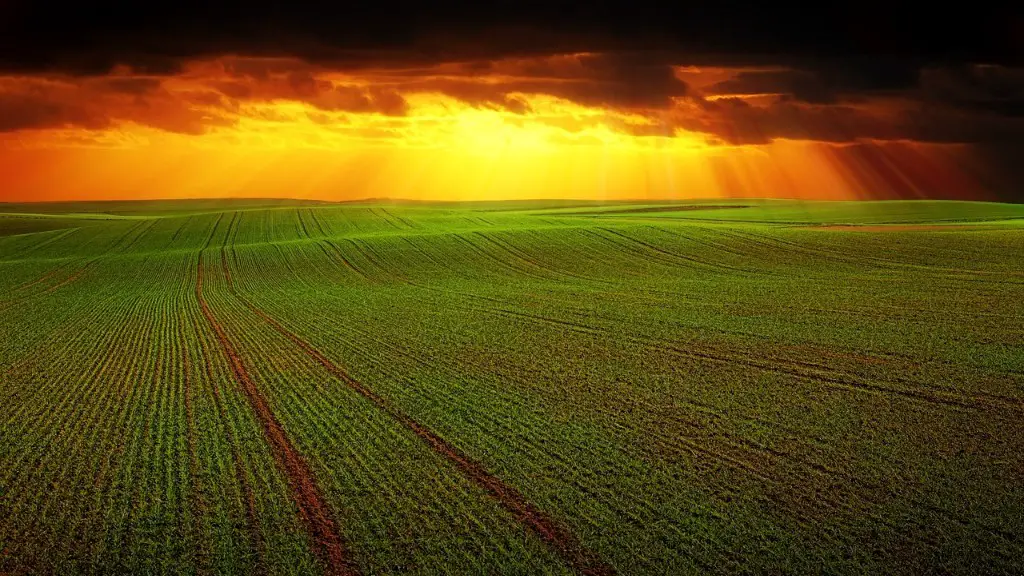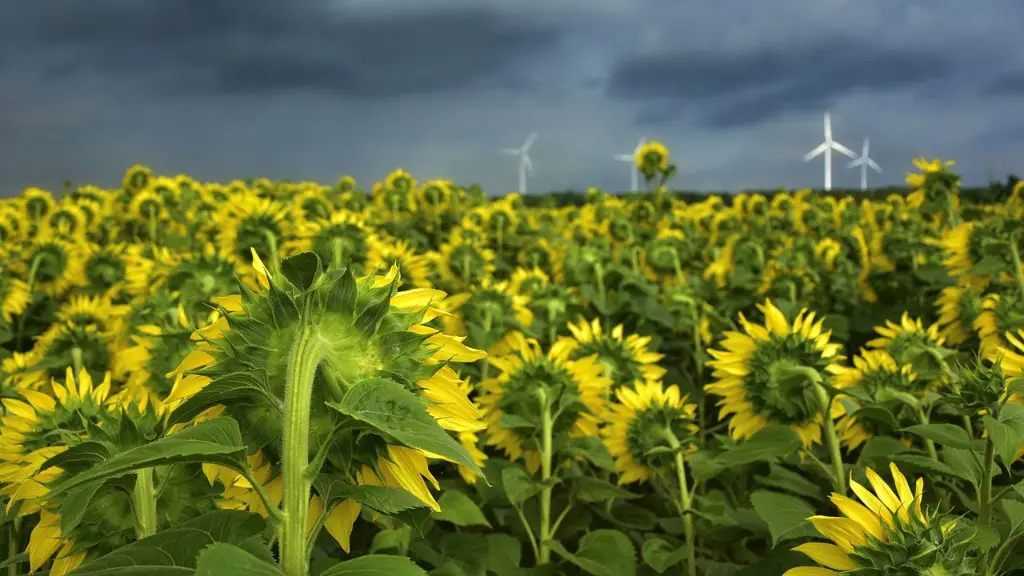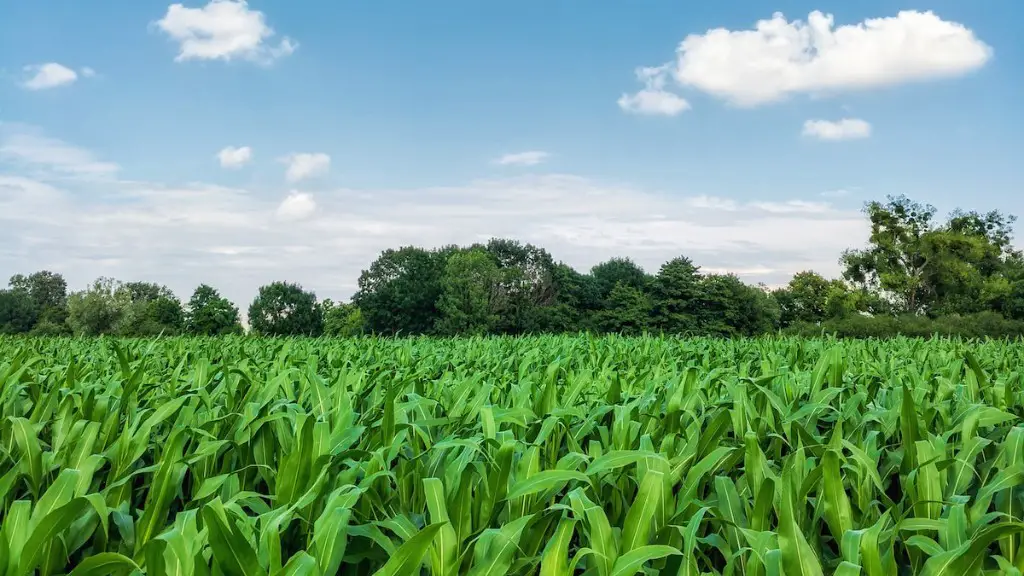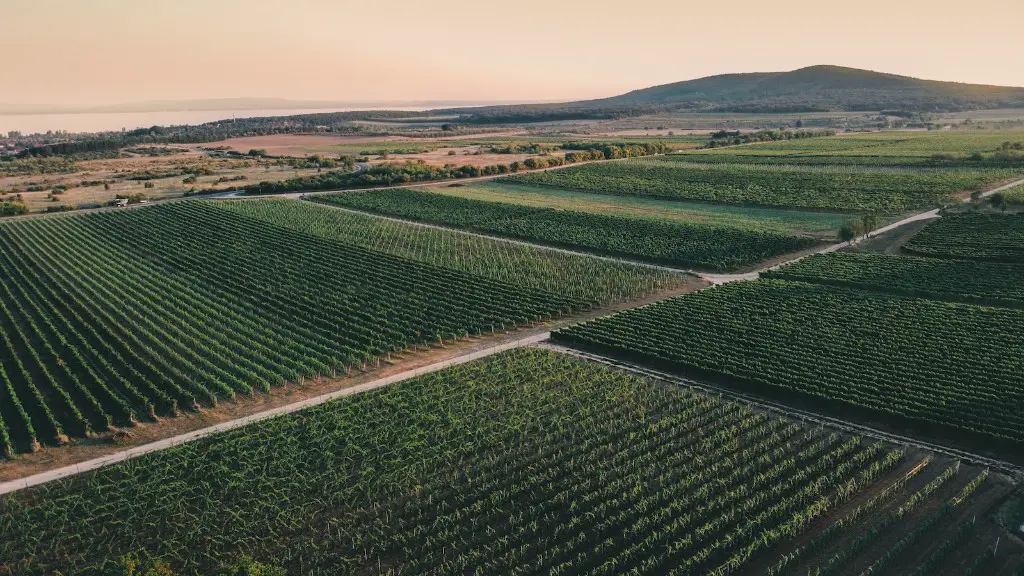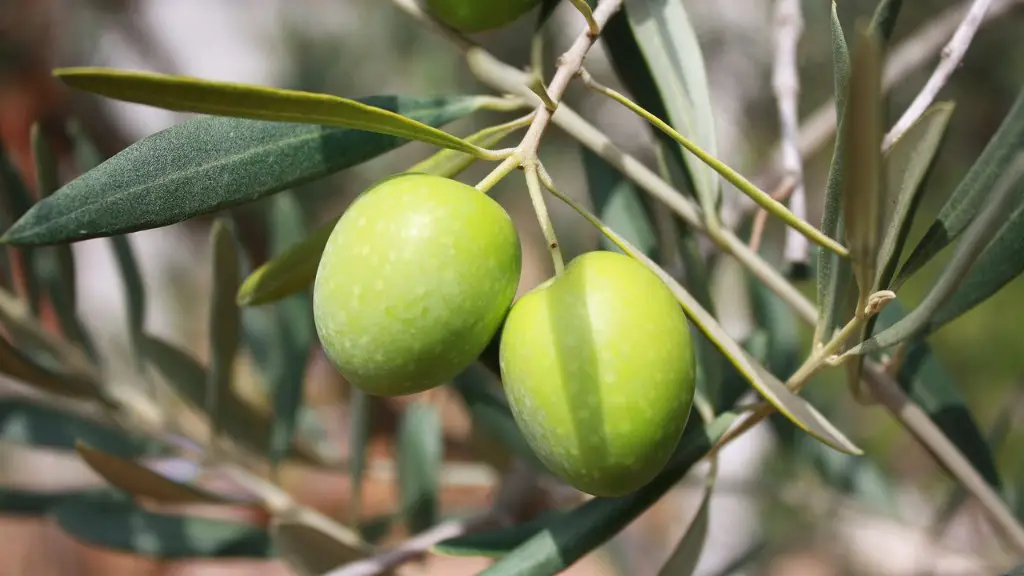The invention of agriculture is one of the most important developments in human history. Agriculture allowed for the domestication of plants and animals, which led to the development of civilization. Agriculture allowed for the growth of cities and the rise of civilizations. It also allowed for the growth of food surpluses, which allowed for the development of trade and commerce. Agriculture has had a profound impact on human history and has shaped the world we live in today.
The invention of agriculture is important for many reasons. Agriculture allowed for the domestication of plants and animals, which led to the development of civilizations. Agriculture also allowed for the growth of cities and the rise of civilizations. Agriculture allowed for the exchange of goods and ideas between cultures, and it allowed for the growth of food surpluses, which allowed for the development of trade and commerce.
Why is agriculture the most important invention?
Agriculture is one of the most important inventions of humankind. It has enabled people to grow all the food they need in one place, with a much smaller group of people. This has led to massive population growth, creating cities and trade. Agriculture has had a profound impact on the development of civilization.
Agriculture is vital to the world economy and provides employment for billions of people. It also plays a crucial role in preserving biodiversity, as it is responsible for occupying and managing large tracts of land. With so much at stake, it is important to ensure that agriculture is managed sustainably and efficiently in order to maximise its benefits.
Why innovation is important in agriculture
Innovation in agriculture can help producers to increase productivity while better managing natural resources. This helps to ensure long-term viability and reduce the negative environmental impacts of production, such as pollutants and waste. Agricultural innovation can take many forms, such as new technology, new methods of production, or new ways of managing resources. Whatever the form, innovation in agriculture can bring benefits for producers, consumers, and the environment.
Agriculture is responsible for providing food, clothing, and shelter for people all over the world. It is an essential part of our lives and helps us to enjoy a higher quality of life. Without agriculture, we would not be able to survive.
How agriculture has changed the world?
Agriculture has been a vital part of human civilization for thousands of years. It was the development of agriculture that allowed cities and civilizations to grow and thrive, as it provided a reliable source of food. Today, agriculture is still a major part of the global economy, and it plays a vital role in feeding the world’s population.
A tractor is a machine that helps farmers increase productivity. In the early 1900s, tractors were powered with steam engines. Today, tractors are powered by gasoline or diesel engines. Tractors are used to plow fields, sow seeds, and harvest crops.
How did agriculture benefit us?
The significance of agriculture, food, and related industries in the US economy cannot be overstated. In 2021, these sectors contributed roughly $1264 trillion to US gross domestic product (GDP), a 54-percent share. The output of America’s farms alone contributed $1647 billion of this sum—about 07 percent of US GDP. Clearly, these industries play a vital role in the US economy and are a major source of employment and income for Americans.
The agricultural industry is one of the leading causes of land degradation around the world. Unsustainable farming practices result in soil erosion, salinization, and eutrophication, which can lead to loss of agricultural productivity and decreased biodiversity. Agriculture is also a major contributor to greenhouse gas emissions, making it one of the leading causes of climate change.
How did inventions in agriculture improve farming
Over the past few decades, there have been significant advances in farm machinery which has led to more efficient cultivation of more land. Seed, irrigation, and fertilizers have also seen vast improvements, helping farmers increase yields. These advances have had a positive impact on the agricultural industry as a whole, making it more efficient and productive.
The reapers and threshers were crucial to the efficiency of farming during the Industrial Revolution. The reapers allowed for a much larger harvest, while the threshers ensured that the grains were separated from the stalks. This helped to decrease waste and make farming more profitable. The spread of railroads and trains also helped to transport goods more quickly and efficiently.
What are the five benefits of agriculture?
Farming is a great way to get some exercise and fresh air, and it’s also a very stimulating and challenging occupation. It can provide a much-needed source of income in rural areas, and it can help to develop the younger generations by teaching them important skills. Farming can also help the environment thrive by providing healthy food and clean water.
The most valuable crops and livestock products in the world are chicken, maize, wheat, and soybeans. The United States has the highest gross production value for chicken, while Mainland China has the highest gross production value for maize, wheat, and soybeans.
How agriculture changed the life of human life
agricultural practices brought about important changes in human lifestyle. Instead of being nomadic, people began to settle down in one place. They started to grow their own food, and they no longer had to wander around or gather food.
Farmers in the past had to learn practical and efficient farming practices through trial and error. This led to surpluses of food, as well as the development of better tools and technologies. Today, farmers have access to a wealth of information and resources that make their work more efficient and productive.
Did agriculture change society forever?
The Agricultural Revolution was a major turning point in human history. For the first time, people began to domesticate plants and animals, which led to the development of civilizations. This shift from hunting and gathering to agriculture changed humanity forever.
Agriculture allowed for the domestication of plants and animals which led to the development of civilizations. Agriculture allowed humans to settle in one place which led to the development of complex societies. The domestication of plants and animals also allowed for a more reliable food supply which led to a population increase.
What technology has had the biggest impact on agriculture
Automated irrigation systems have changed the agricultural landscape by improving water distribution and efficiency. These systems have also increased crop production and quality. By automating the process of irrigation, farmers are able to focus on other aspects of their operation, leading to a more efficient and productive agricultural operation.
drops in the agricultural sector are a cause for concern as the sector is a crucial part of the Indian economy. Although the service sector is improving, the agricultural sector is still a vital part of the economy and any drop in this sector could have serious implications. The government needs to take measures to ensure that the agricultural sector is able to compete with the service sector and not fall behind.
Warp Up
The invention of agriculture is responsible for many of the most important aspects of modern civilization. Agriculture allowed for the domestication of plants and animals, which led to the development of civilizations. Agriculture also allowed for the development of cities and trade.
The invention of agriculture is incredibly important for a number of reasons. First, agriculture allowed for the domestication of plants and animals, which led to the development of civilizations. Agriculture also allowed for the growth of cities and the rise of trade and commerce. Without agriculture, the world would look very different today.
